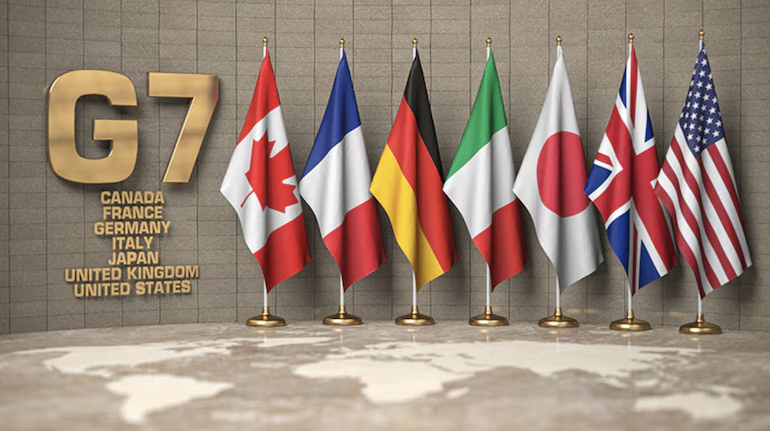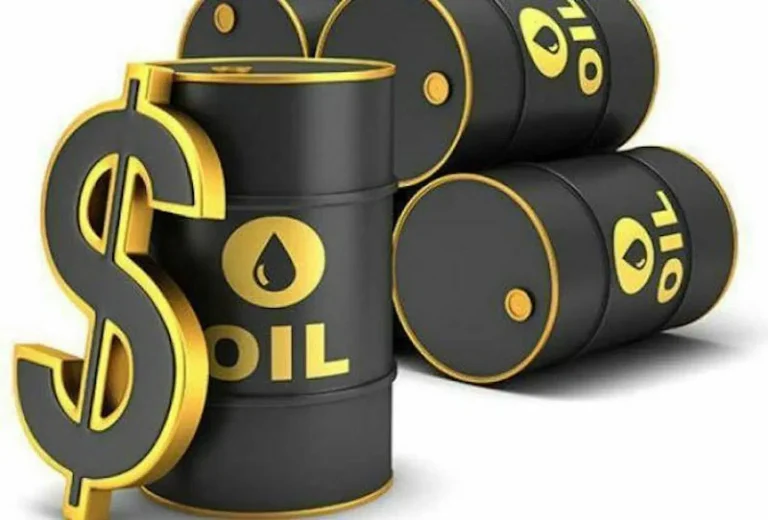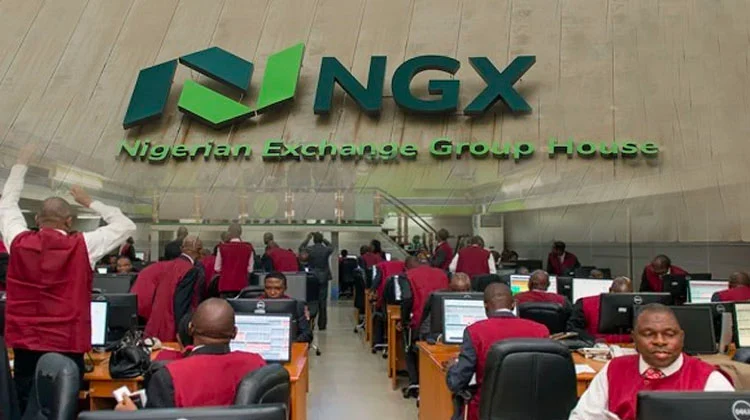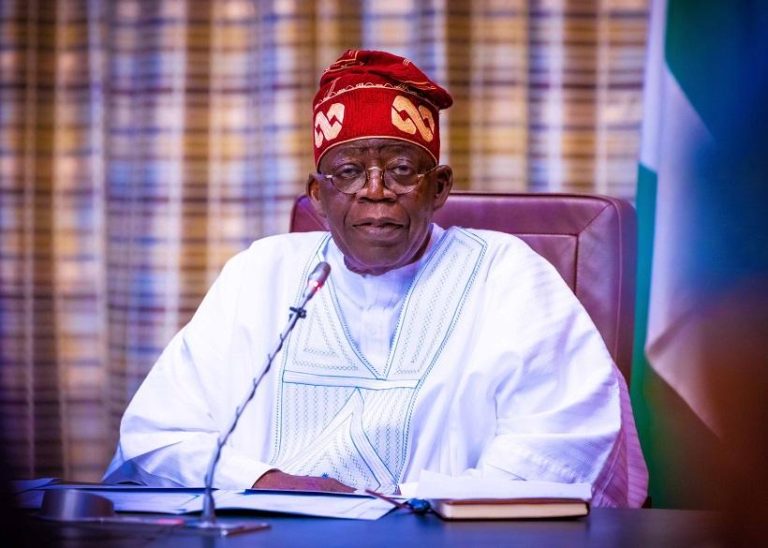
In a fresh push to choke off revenues funding Russia’s war in Ukraine, finance ministers from the G7 nations on Wednesday pledged to take action against countries and entities that have ramped up purchases of Russian oil since the 2022 invasion.
The commitment came after a virtual meeting of the finance chiefs from Britain, Canada, France, Germany, Italy, Japan, and the United States, who now say the time has come to “maximize pressure” on Moscow’s oil exports.
“We will target those who are continuing to increase their purchase of Russian oil since the invasion of Ukraine and those who are facilitating circumvention,” the ministers said in a joint communiqué issued after the meeting.
Tariffs, Bans and Broader Trade Restrictions Under Review
The G7 finance officials signaled a shift towards stricter enforcement and new trade measures, including potential tariffs, export bans, and restrictions on refined products made from Russian oil.
According to the statement, the group is now seriously considering sanctions or trade limits on third-party countries and firms that are indirectly funding Russia’s war efforts, either through direct oil purchases or by processing and reselling refined products.
“We agreed on the importance of trade measures, including tariffs and import or export bans, in efforts to reduce Russian revenues,” the statement said.
U.S. Pushes for Action as Trump Weighs Heavy Tariffs
The announcement follows earlier signals from the United States, which last month said it was prepared to expand tariffs on nations still importing large volumes of Russian oil provided the European Union adopts similar steps.
Former U.S. President Donald Trump, who reportedly joined a virtual session between U.S. and EU officials, floated the idea of massive tariffs ranging from 50% to 100% on countries such as China and India, who have emerged as major buyers of discounted Russian crude.
EU Under Pressure to Act
The European Commission has also begun examining the possibility of imposing tariffs on Russian oil imports, amid pressure from Washington and continued scrutiny of the bloc’s energy ties with Moscow.
Trump has reportedly urged European leaders to completely halt Russian energy imports before the U.S. agrees to impose additional financial sanctions against Moscow.
The G7 ministers are expected to meet again later this month on the sidelines of the International Monetary Fund (IMF) and World Bank annual meetings in Washington, D.C., where concrete decisions on the proposed trade and financial measures may be formalized.



